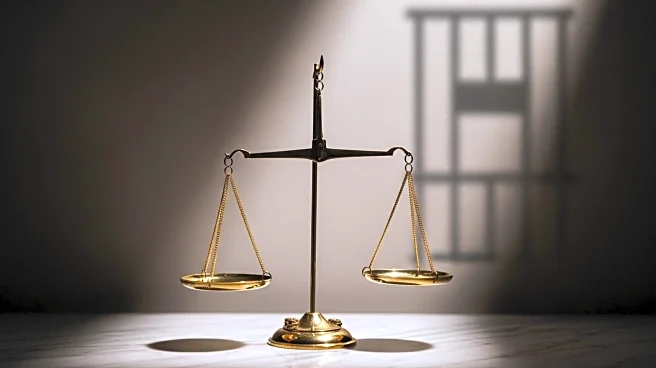What is the story about?
What's Happening?
ABC News featured a segment on International Wrongful Conviction Day, highlighting the work of the Innocence Project. Linsey Davis interviewed representatives from the organization, which is dedicated to exonerating wrongfully convicted prisoners. The Innocence Project has been instrumental in using DNA evidence to overturn convictions and raise awareness about the flaws in the justice system. The discussion focused on the challenges faced by those wrongfully convicted and the ongoing efforts to reform legal processes to prevent future injustices.
Why It's Important?
Wrongful convictions represent a significant issue within the U.S. justice system, affecting not only the individuals directly involved but also public trust in legal institutions. The Innocence Project's work underscores the need for systemic reforms, including improved forensic practices and legal representation. By highlighting these cases, the organization aims to prevent future miscarriages of justice and ensure that innocent individuals are not unjustly imprisoned. This has broader implications for civil rights and the integrity of the judicial process.
What's Next?
The Innocence Project continues to advocate for policy changes and increased awareness about wrongful convictions. Future efforts may include lobbying for legislative reforms, enhancing forensic science standards, and expanding educational initiatives to inform the public and legal professionals about the risks of wrongful convictions. The organization is likely to continue collaborating with lawmakers and other advocacy groups to push for systemic changes that protect the rights of the accused.
Beyond the Headlines
The issue of wrongful convictions raises ethical questions about the balance between public safety and individual rights. It also highlights the need for transparency and accountability within the justice system. Long-term, these efforts could lead to a cultural shift in how society views criminal justice, emphasizing rehabilitation and fairness over punitive measures.















